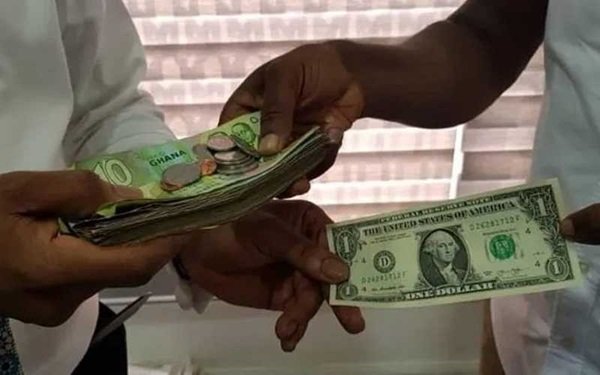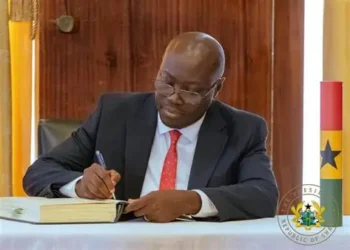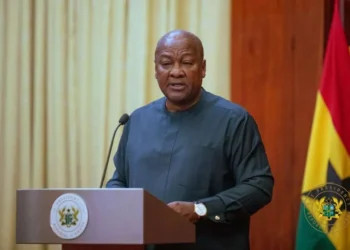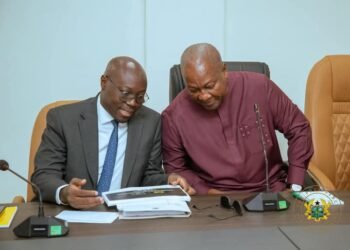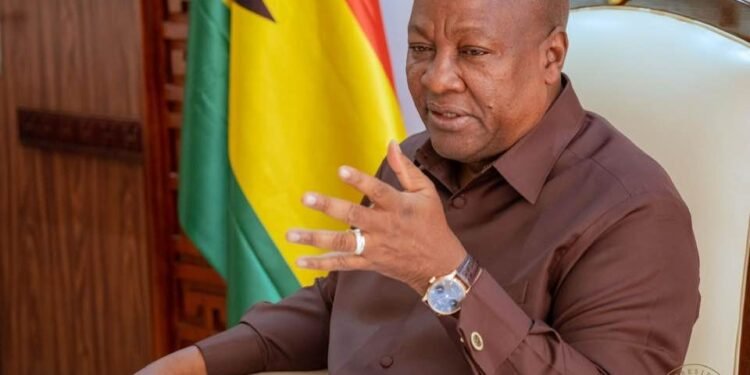Fitch Solutions, a UK-based firm, has predicted the performance of the Ghana Cedi to GH¢ 11.70 to the dollar by the end of 2026 due to Ghana’s continuous economic stability.
The firm in May predicted that the Ghana Cedi would weaken to GH¢ 15.5 by the end of the year. The 2026 estimate shows a relatively stronger Ghana Cedi performance.
The Ghanaian cedi continues to astonish market players with its persistent stability over months. The Ghana Cedi appreciated by 37 percent as of October 17. As of November 6, the Cedi traded at GH¢ 10.9 to the dollar on the interbank market and GH¢12.00 at the forex bureau. The Ghana Cedi at one point this year became the best-performing currency in the world.
According to the Fitch’s latest Sub-Saharan Africa Currency Outlook, most of the major currencies in Africa are estimated to remain stable for the remainder of the year and in 2026, extending from the good performance this year.
“We [Fitch Solutions] expect most major Sub-Saharan African currencies to remain broadly stable through the fourth quarter of 2025 and into 2026, extending the calm observed year-to-date. Indeed, we anticipate only a slight weakening of the Ghana cedi, Zambia kwacha, Nigeria naira, and South Africa rand by the end of 2025.”
Fitch Solutions
Ghana Cedi Performance in 2026
Fitch Solutions recognize the impressive performance of the Ghana Cedi in 2025 and applauds the managers of the economy for the effort and discipline invested to see such result within the shortest period.
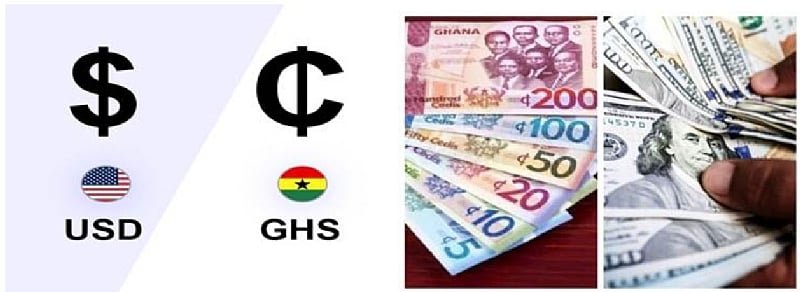
The firm estimate a depreciation of 8% of the Ghana Cedi to the dollar by end of 2026, trading at GH¢11.70 to the US dollar on the interbank market. Fitch Solutions suggest that the Ghana Cedi will not depreciate greatly. According to the firm, the next year should offer a little turbulence for the Ghana Cedi mainly caused by external shocks.
However, Fitch expects the Ghana Cedi to be fairly stable as compared to its unpredictable performance in the past two years.
According to Fitch Solutions, “while modest depreciation against the US dollar is likely in the coming quarters, currencies will remain far more stable than during the volatility experienced in 2023 and 2024.”
This prediction by Fitch Solutions is backed by data and prevailing market conditions both eternal and internal.

Cause of Cedi’s Strength
The Ghana Cedi and other African currencies experienced stability mainly because the United States dollar devalued and moved slowly, declared Fitch Solution. The firm added that the stability seen is also as a result of the wet appetite of major investors in emerging market assets.
The firm anticipates the current slow movement of the United States dollar to allow for a longer stability of the Ghana Cedi and the other African currencies.
Fitch clarified that “we [Fitch Solutions] expect continued softness in the US dollar and robust risk appetite for emerging market currencies to add tailwinds to Sub-Saharan Africa forex.”
The firm argues that the United States’ policy uncertainty, anticipated interest rate cuts by the Federal Reserve, and persistent geopolitical risks, will cause the global price of gold to remain high.
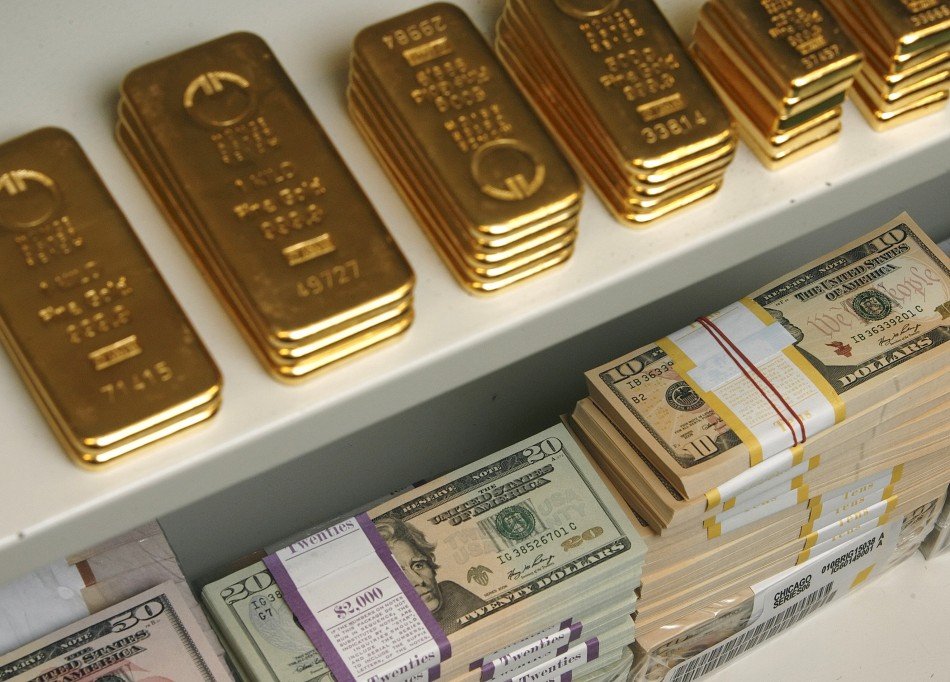
Fitch alongside other experts and researchers reveal a negative relationship between the performance of the United States currency with the price of gold. Data shows that when the price of gold increases, the United States currency performs poorly, experts deduce. On the other hand, when the United States’ currency appears strong, gold prices are low. The United States’ currency performance is tied to their economic and trade policies, which is unpredictable at the moment.
Other experts have warned that the stability of the economy, tied to commodity performance should be a temporal solution to achieving real long-term economic growth and stability. They further warm that the United States currency will not remain weak forever, hence the need to move away from commodity reserves to laying structural infrastructure.
Fitch Solution’s prediction of the moderate appreciation of the Ghana Cedi by the end of 2025 is due to current policies and activities backing the Cedi. Fitch explained that Ghana’s “stronger foreign reserves supported by higher gold revenues, ongoing Bank of Ghana interventions, and the need to protect export competitiveness will moderate any prolonged appreciation of the cedi.”
READ ALSO: IMF Support or Sovereign Strength? Ghana’s Fiscal Reforms Face the Real Test in 2026 Budget

